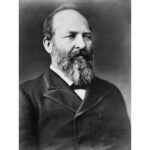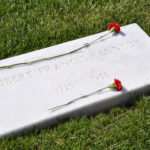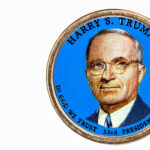In 1958, American pianist Van Cliburn made history when he became the first American to win the inaugural International Tchaikovsky Competition in Moscow. His triumph was a significant moment in the history of classical music and helped to ease tensions between the United States and the Soviet Union during the Cold War.
The International Tchaikovsky Competition was established in 1958 in honor of Russian composer Pyotr Ilyich Tchaikovsky. It was intended to showcase the best classical musicians from around the world and was open to contestants from all nations.
Van Cliburn was a young pianist from Texas who had already gained a reputation as a talented musician in the United States. His performance of Tchaikovsky’s Piano Concerto No. 1 in B-flat Minor during the competition was nothing short of spectacular, earning him a standing ovation from the audience and the admiration of the judges.
Cliburn’s victory at the International Tchaikovsky Competition was a major milestone in the history of classical music. It was the first time that an American musician had won a major international competition, and it marked a significant moment in the Cold War.
At the time, relations between the United States and the Soviet Union were strained, and there was little cultural exchange between the two nations. Cliburn’s victory at the International Tchaikovsky Competition helped to break down some of the barriers between the two countries and highlighted the importance of cultural diplomacy in promoting understanding and peace.
References:




